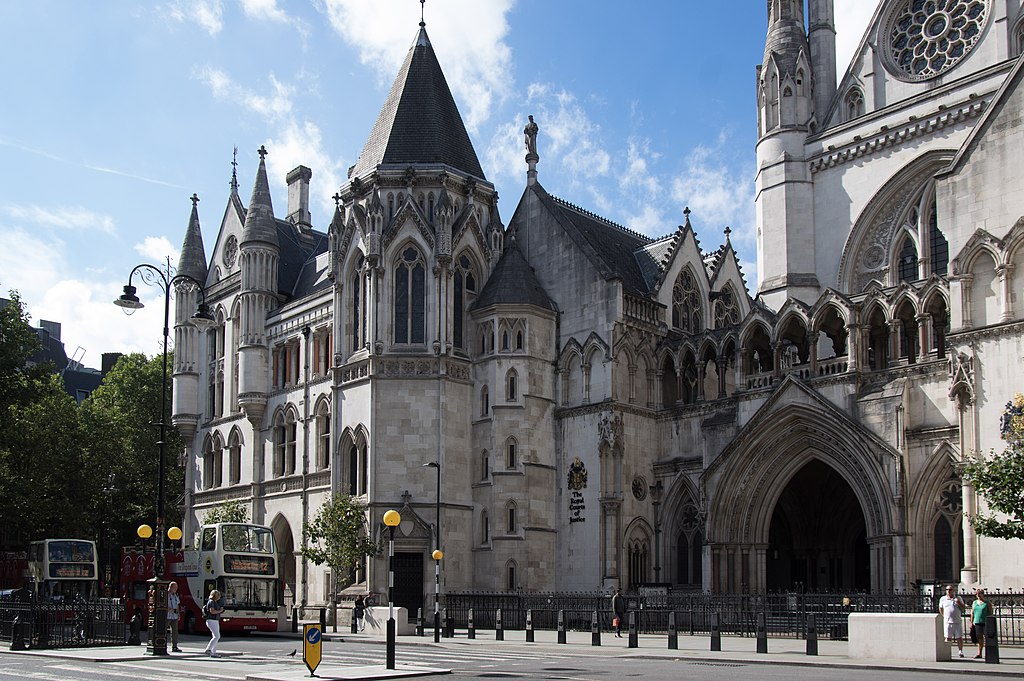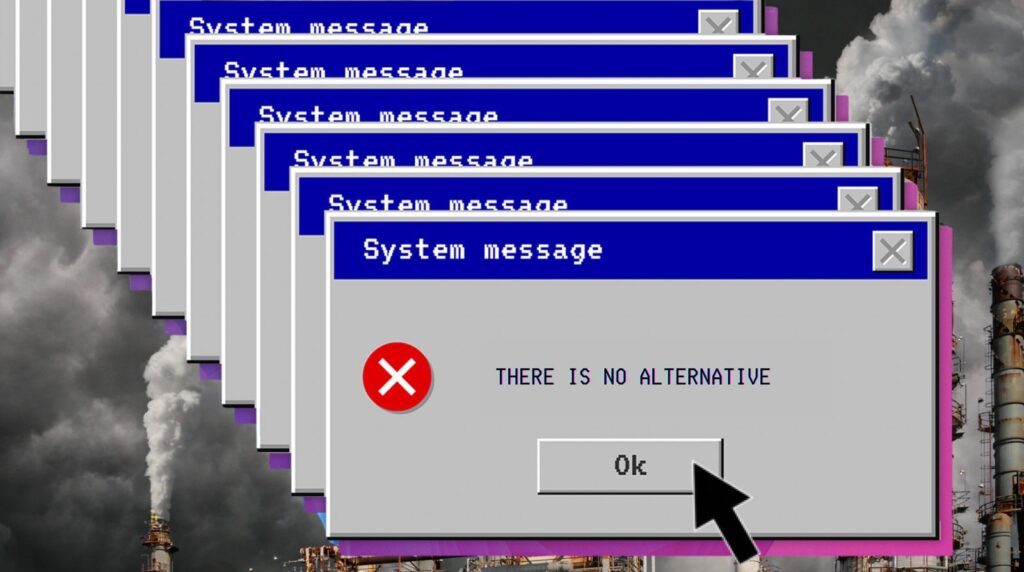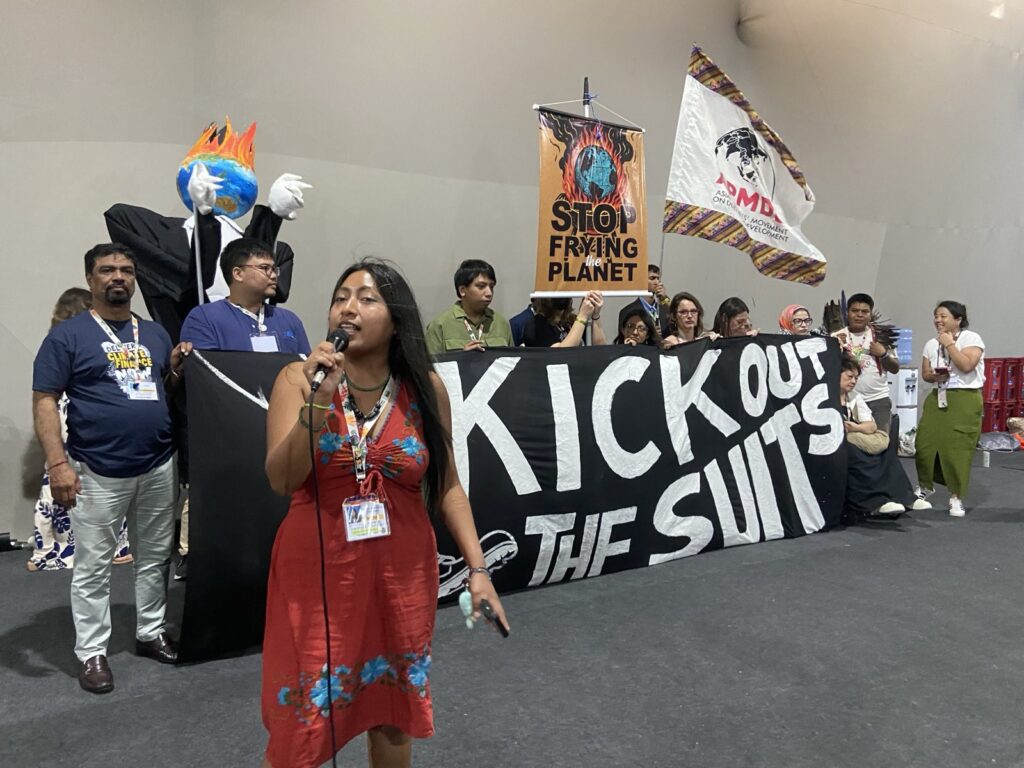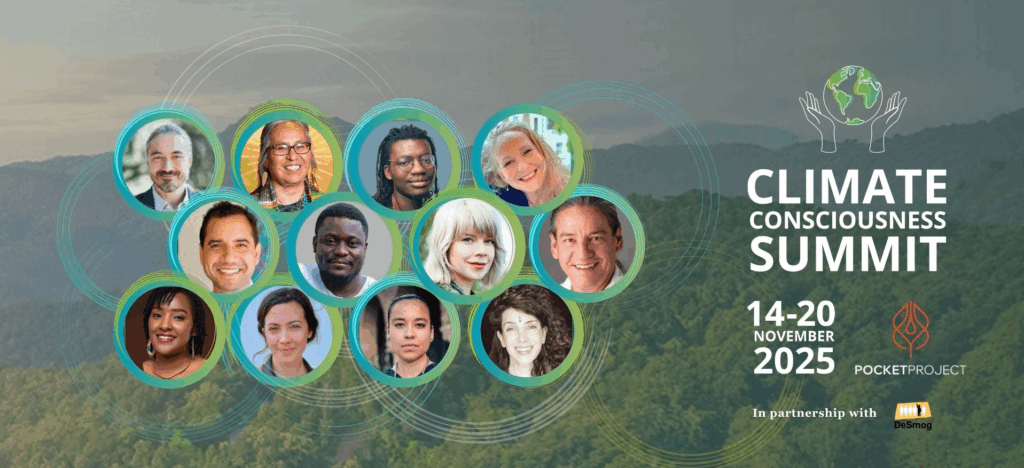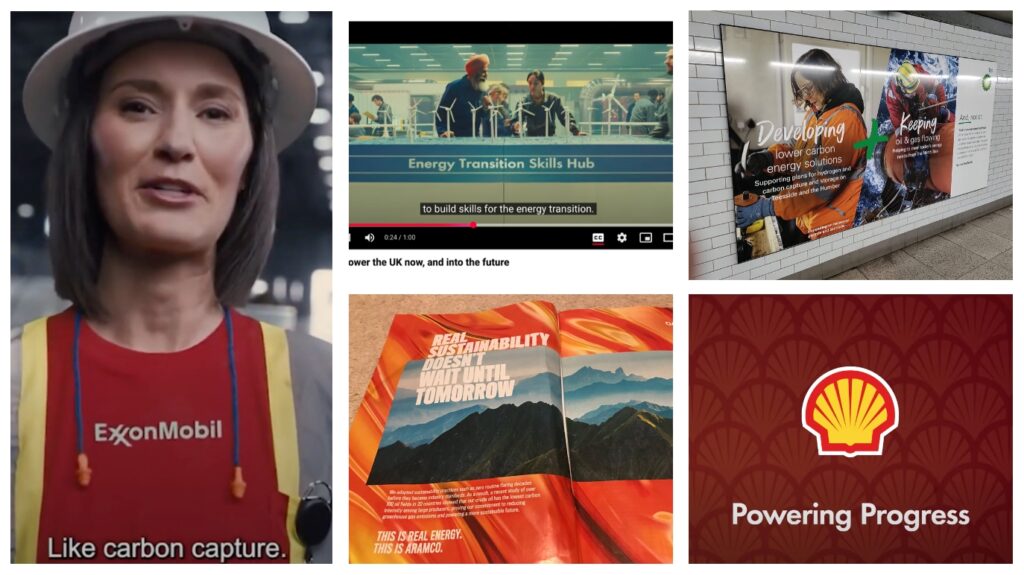The climate crisis is worsening by the day. Despite growing pledges to act, greenhouse gas emissions are breaking records. Climate change, pollution and extinctions are intensifying, causing instability, displacement and conflict. To quote U.N. Secretary-General António Guterres, we’re on the “highway to climate hell with our foot on the accelerator.”
Our system of governance is reaching its limits. Political and economic decision-makers often seem powerless, if not complicit. Yet, there is hope. Demonstrations, civil disobedience, legal battles: Many are taking action to challenge the status quo.
But too many crucial decisions are being taken behind closed doors. The opaque nature of so many of our systems feeds impunity. The climate crisis is, therefore, also a crisis of transparency.
Imagine a world where anyone who has access to information that is essential for the preservation of the biosphere can reveal it in full confidence they will receive adequate support.
As the crisis spirals, there is almost no end to the potential misconduct that could be brought to light: corporate greenwashing; fraudulent carbon accounting; tax dodges; flawed environmental impact studies — to name a few. What if consumers, citizens, politicians, and judges could have access to such information — information that is all too easily hidden, and yet could prove critical in holding those responsible for worsening the climate crisis to account?
By providing concrete evidence and powerful witness testimony, whistleblowers can spark debate; trigger litigation, regulatory and policy responses; and inspire others to act.
And whistleblowers can help drive a wider paradigm shift, as Edward Snowden’s revelations over mass surveillance, or Chelsea Manning’s evidence of war crimes, have shown.
Risky Road
The recent European Union directive aimed at improving the protection of whistleblowers, and similar laws around the globe, underscore the growing recognition of the crucial role that whistleblowers play.
With humanity on the brink, we need to provide the maximum support possible to help those prepared to risk revealing vital information hidden in the name of profit.
Examples could include a banker divulging details of fossil fuel financing; an employee reporting greenwashing; or an engineer highlighting deforestation. All kinds of people are becoming climate sentinels, as more and more of us start to escape the cognitive dissonance that allowed us to turn a blind eye to wrongdoing for the sake of professional security.
We are under no illusions: Exposing these abuses is a long, dangerous and risky road. Whistleblowers threaten powerful and opaque interests. Because they put themselves and their loved ones on the line, these public defenders need support and protection against retaliation — not only from the authorities, but also from the people whose data they have shared.
That’s why we launched Climate Whistleblowers (CW) this week.
CW is a nongovernmental organisation dedicated to serving as a shield for these climate heroes. We’re lawyers, journalists, and activists: As founders of CW, we’re using our expertise to protect climate whistleblowers and ensure their disclosures make the greatest possible impact.
Even a single act of whistleblowing can make all the difference. With specialist support, we believe a new generation of climate whistleblowers can be the catalysts for the change the world so desperately needs.
To find out more, please visit our website.
Anna Myers is Executive Director, Whistleblowing International Network (WIN)
Gabriel Bourdon-Fattal is an attorney in Tel Aviv, Director of Programs, PPLAAF
Henri Thulliez is an attorney in Paris, Executive Director, PPLAAF
Subscribe to our newsletter
Stay up to date with DeSmog news and alerts


